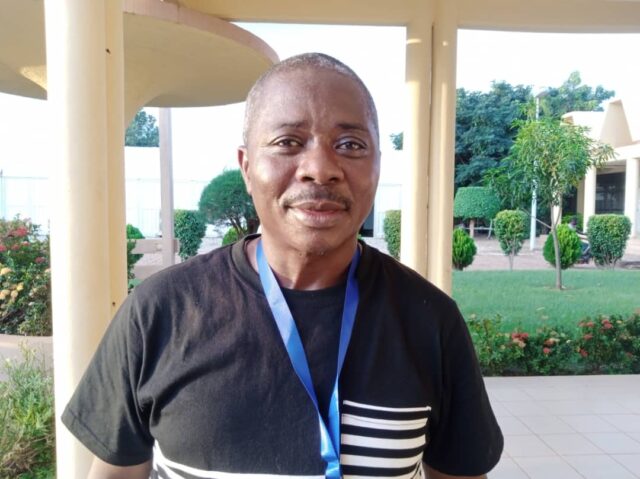On 27 September 2023, as a prelude to the 5th edition of the West African Mining Week (Semaine des activités minières de l’Afrique de l’Ouest – SAMAO), a training and experience-sharing workshop was held for artisans in Burkina Faso on the value of development minerals. At the end of the discussions, the participants gave us the gist of the training.
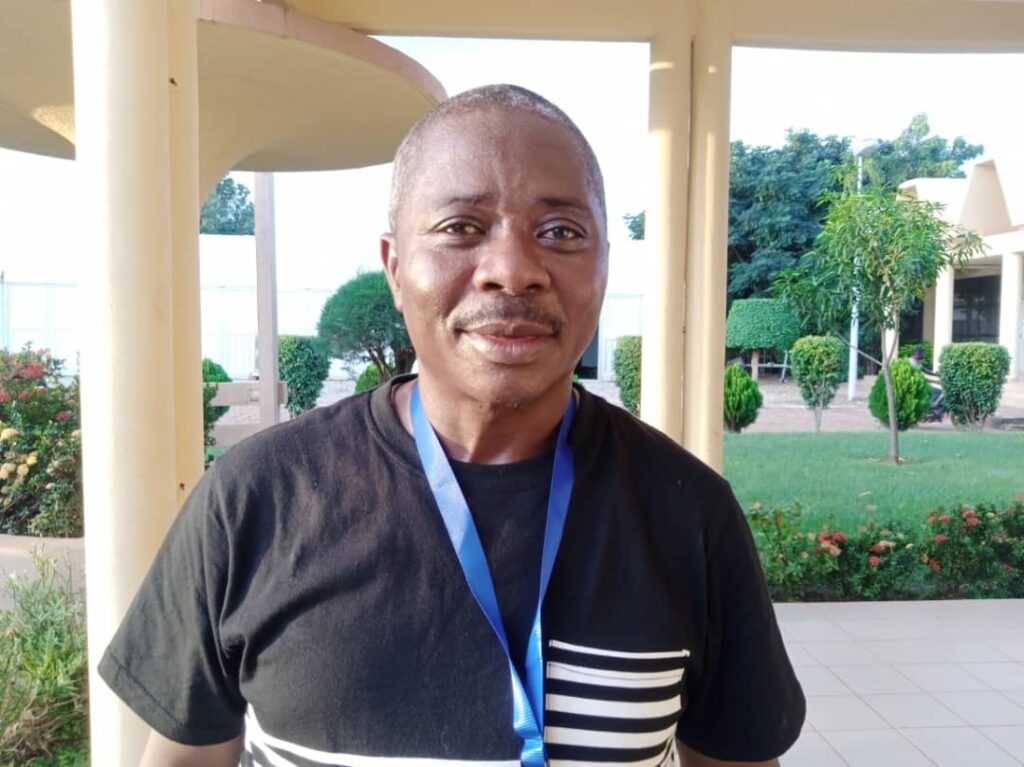
According to professor-researcher Dr André Njoya, development minerals are low-value materials with a low mass-to-cost ratio that are generally found in our immediate environment. They are generally neglected because they are of little interest to almost anyone. Yet, as Dr Njoya reveals, these materials are very important in the local development process. “This is the case with stones, which are used to make aggregates and millstones for construction. This is the case with sand, which is used in all road and building works. Clay is used in ceramics for the building industry. It’s also the case with semi-precious stones that are rejected when precious substances such as gold or diamonds are mined, and which can be used in the production of jewellery and other utilitarian objects”, explained the professor-researcher at the University of Dschang in Cameroon. “The aim of this practical training course was to see what people are doing with local clay. And how we can help them improve the quality of their product”, he explained.
“The artisans came with all their raw materials. They explained to us exactly what they are used to doing with these materials. We analysed the process together and identified where there were difficulties, where they had constraints, and helped them to improve the quality of their product very quickly. What emerged from this workshop is that the women potters are sorely lacking in appropriate equipment for the production of pottery objects. They don’t have a kiln for proper firing, so their pottery products can only be sold locally,” he lamented.
According to the trainer, Dr André Njoya, if the players are to be competitive on the international market, “they will have to strengthen their capacity in terms of knowledge of natural resources, the processing of these resources and access to the market”. Looking ahead, he said that discussions would continue at conferences and on social networks, as well as through the working groups set up during the course.
“The use of these minerals supports the local economy. However, from a strategic point of view, we need to find ways and means that will enable all the players, all the parties involved, to give these minerals their true value. For example, in terms of support, the public authorities will have to be able to back all the initiatives that are being undertaken, and we technicians will have to be able to provide the necessary support and guidance to the communities, operators and all the artisans in the sector”, he asked.
A workshop that added value for participants
Mariam Go from Tcheriba made no secret of her satisfaction at having taken part in this training course. According to her, it was an initiative that helped them to become more professional. “This workshop was very interesting and we learnt a lot. We’re very happy. What we were doing before was good, but this training has given us something extra”, she assures us. She listed as difficulties the lack of financial resources and the lack of equipment to make the skins. “We don’t have any machines. Everything we do is by hand. To start work, you have to crush the clay, pound the broken skins and mix. There is a machine for that, but we don’t have the money to buy it,” lamented Ms Go.
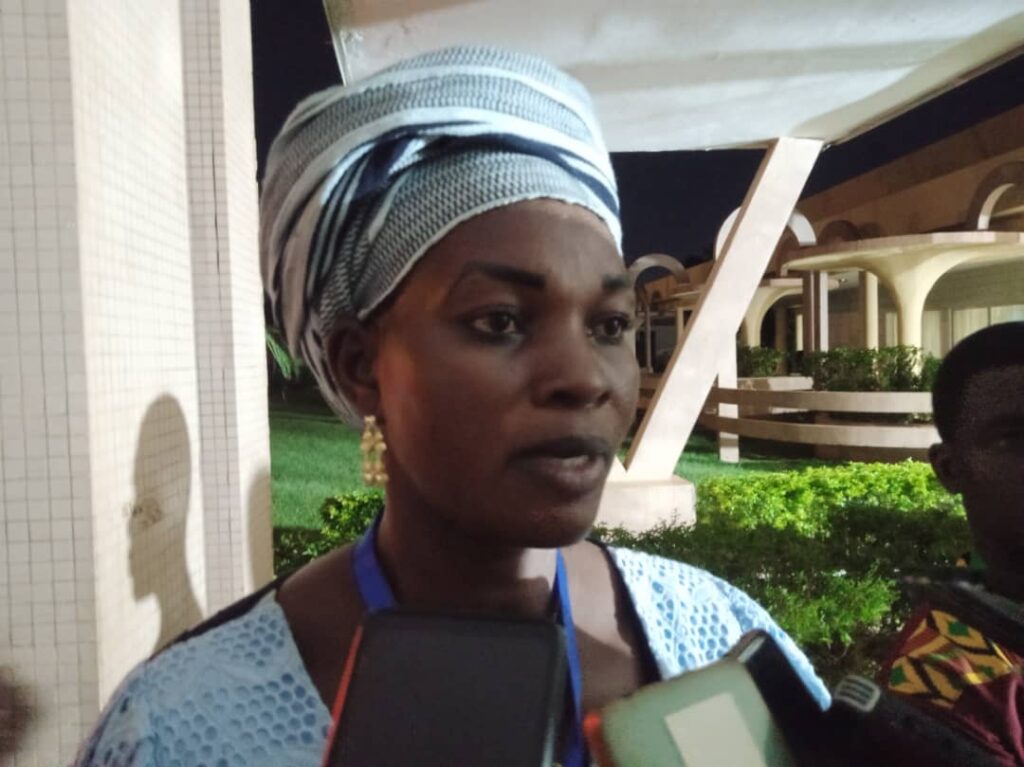
As Arsène Hien, a quarry operator, explained, it was a time for sharing experiences. “It’s all about sharing experiences. We had our own little experience, but we came to learn from the experiences of other countries. I think it was really beneficial. It will enable us to adopt good practices by moving towards the formalisation of good materials practices”. Mr Hien learned in particular about the manufacture of compressed earth bricks (CEB). “At our level, we extract laterite armour. At this training workshop, we learnt that we can make compressed bricks from the waste we throw away”, he explained.
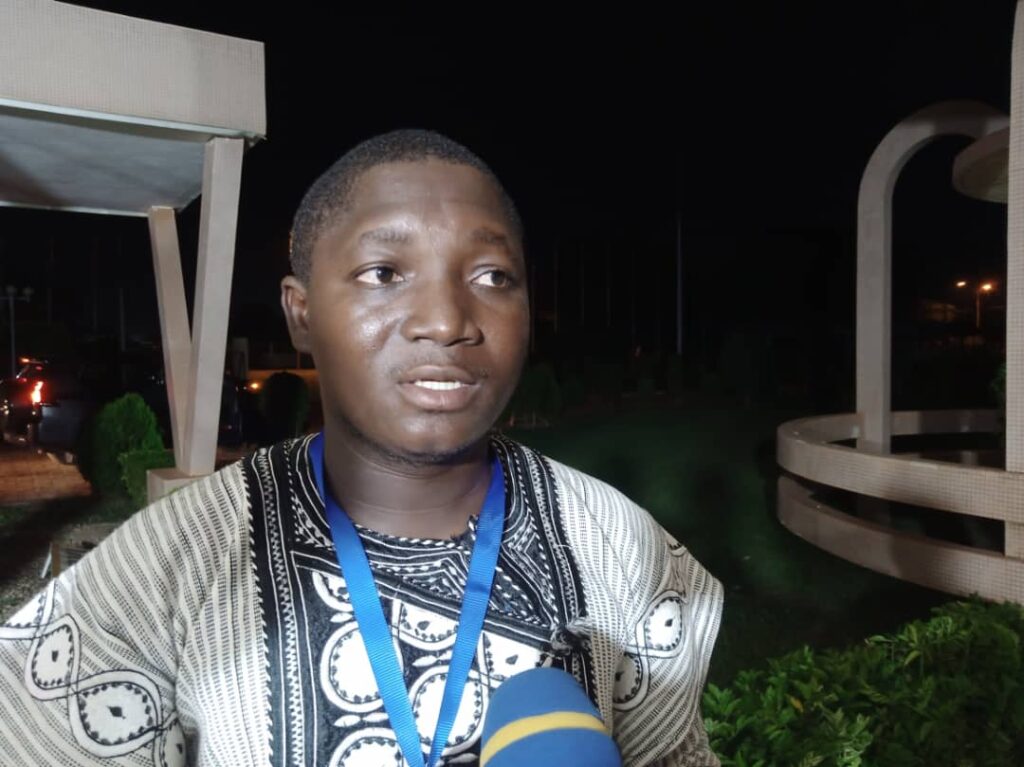
For his part, Anicet Somé also expressed his satisfaction at having taken part in this training workshop. “I’m very satisfied. We have been equipped with development materials. We received training from nationals and foreigners from Cameroon, Congo and Tanzania. We are really equipped in this field. I can say that this workshop can only help me to improve my daily services and increase my clientele”, he confided.
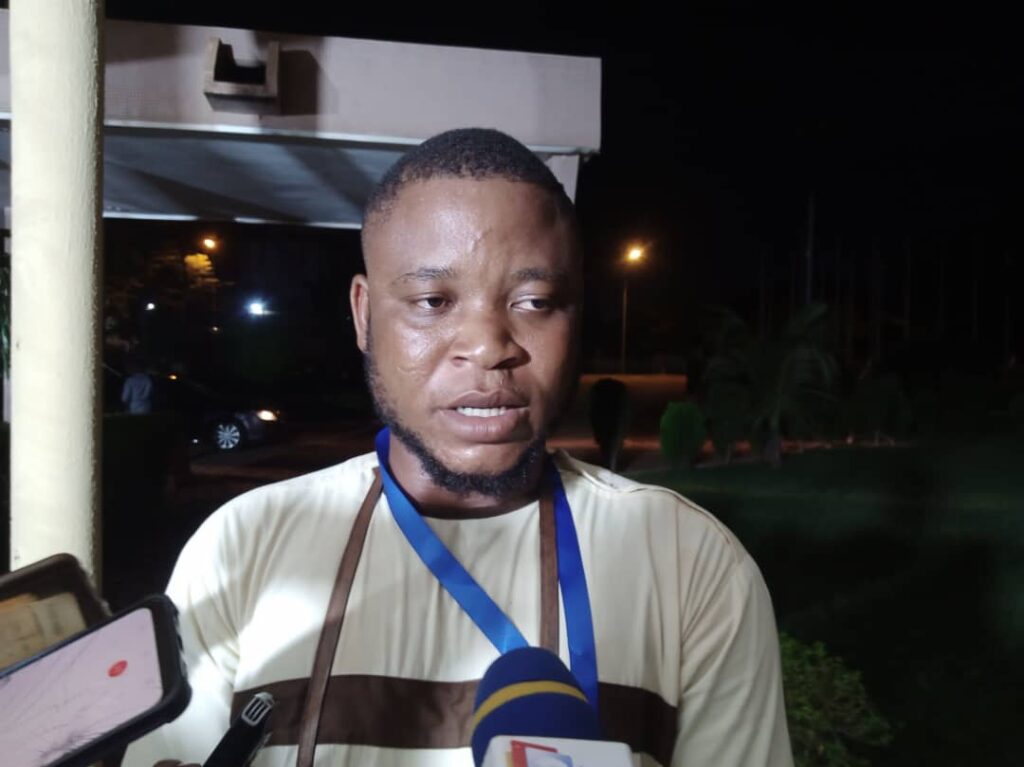
The 5th edition of the West African Mining Week (SAMAO) opens on 28 September under the theme: “Mining in Africa: what strategy for impacting the development of local economies? “
K M
#Mines_Actu_Burkina



